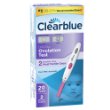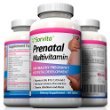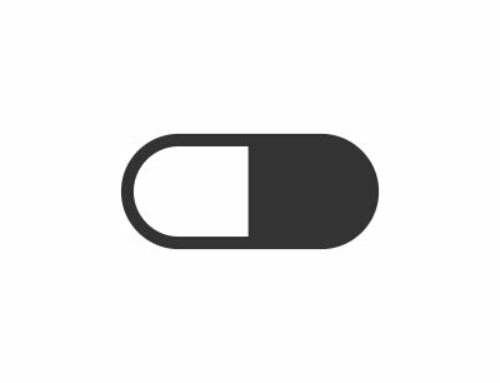If I had to pick only five lifestyle interventions in terms of being simple to implement and bringing immediate and measurable benefits to women over 35 who are trying to get pregnant, these would be:
1. Stop smoking. Smokers are 30 percent less fertile than non-smokers and three times more likely to take more than a year to get pregnant.
2. Bring your BMI to the level recommended for your age. Being overweight reduces fertility and egg health.
3. Eat a diet which supports fertility. For an average healthy woman, this will mean, eating Mediterranean diet, or anything similar.
For women with ovulatory disorders, eating a fertility diet as published by the Harvard researchers will work even better.
Though the two eating styles are very similar, there are subtle differences and those with a diminishing egg reserve and those who simply have not much time to wait, will save time by sticking consequently to one of the two eating styles in the months prior to trying to conceive.
4. Take a prenatal vitamin. You can choose any of the major supplement brands, only make sure it contains 800µg folate. In theory, you could just take folate alone but the fact is, most young women have low iron levels and are often vitamin D deficient, so a prenatal vitamin will work against slipping into a deficiency range which could seriously interfere with conception and implantation. (In this post I’ve summarized the differences between folic acid and folate).
Would you like to have my advice on your fertility journey? Please send me an e-mail as described here and we’ll set up a Skype-consultation at a time that suits you!
5. At your next annual checkup ask your gynecologist and ask him to check your FSH and AMH.
These two simple values give an excellent estimate of how many eggs you have left. If you schedule your visit to the doctor at the beginning of your cycle (day 1-5) you can have both readouts done from only one single blood draw (while AMH level is stable and can be checked every day, FSH oscillates a lot and tends to be highest and the beginning of each menstrual cycle).
Also talk to your mom to see if there was any unusual fertility history in the family (did one of your female relatives enter menopause too early, for example).
And please, please avoid fertility apps and similar technological and medical over-kills! These things are helpful only to those who are earning money with them and have nothing to do with you connecting to your body and maximizing your natural fertility!
Therefore, instead of putting your trust into apps, trust your body and learn to read the signs which it sends to you every day. This way you will best know your fertility status.
How to catch ovulation – (I love simple LH-strips but some women prefer digital measuring)
Prenatal vitamins and folic acid (best is to start 3-6 months before you try to get pregnant):













